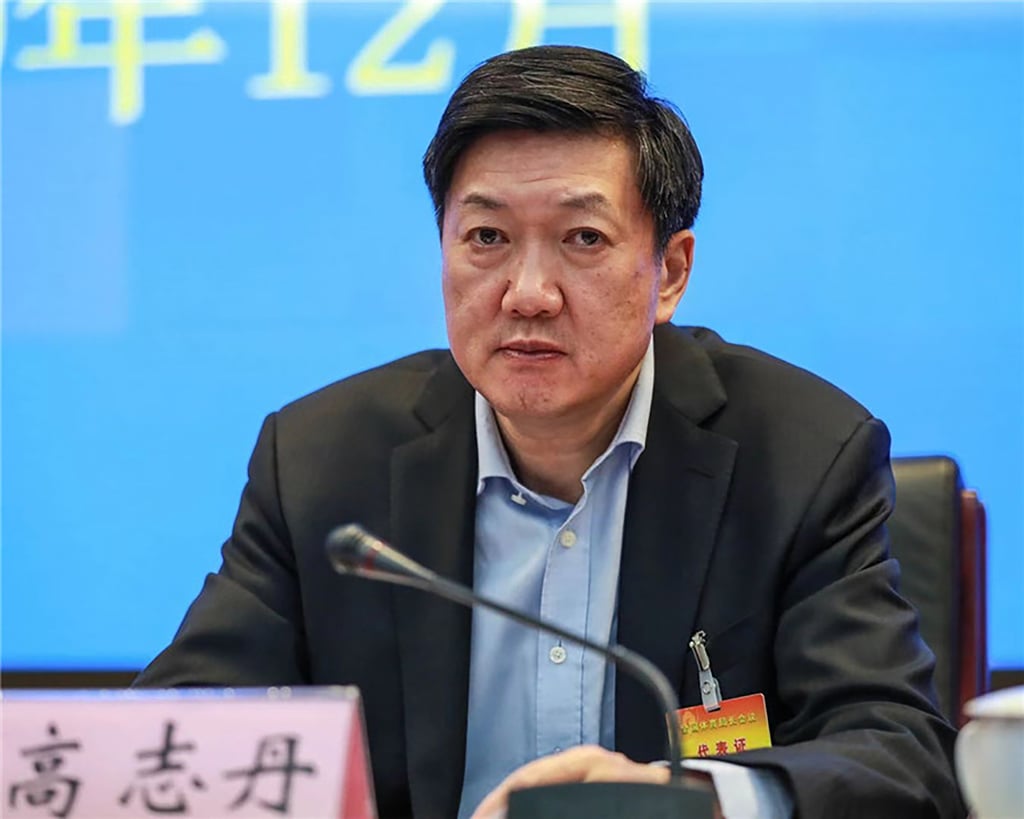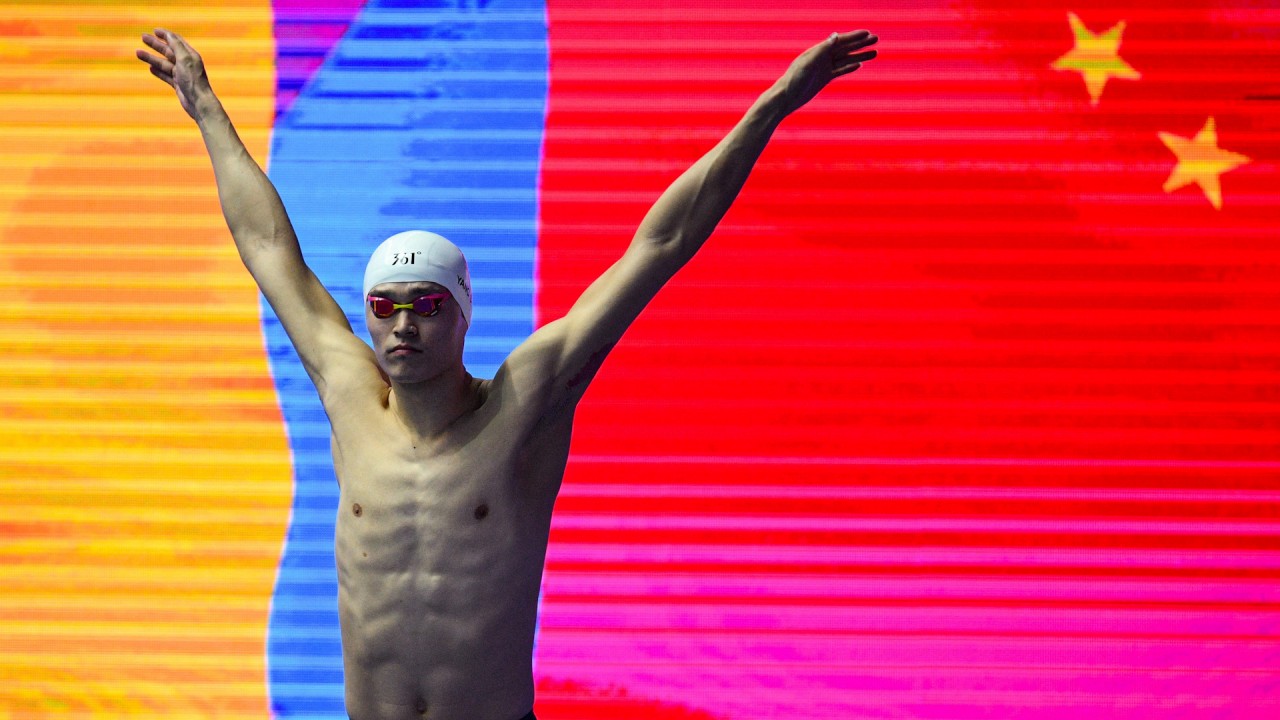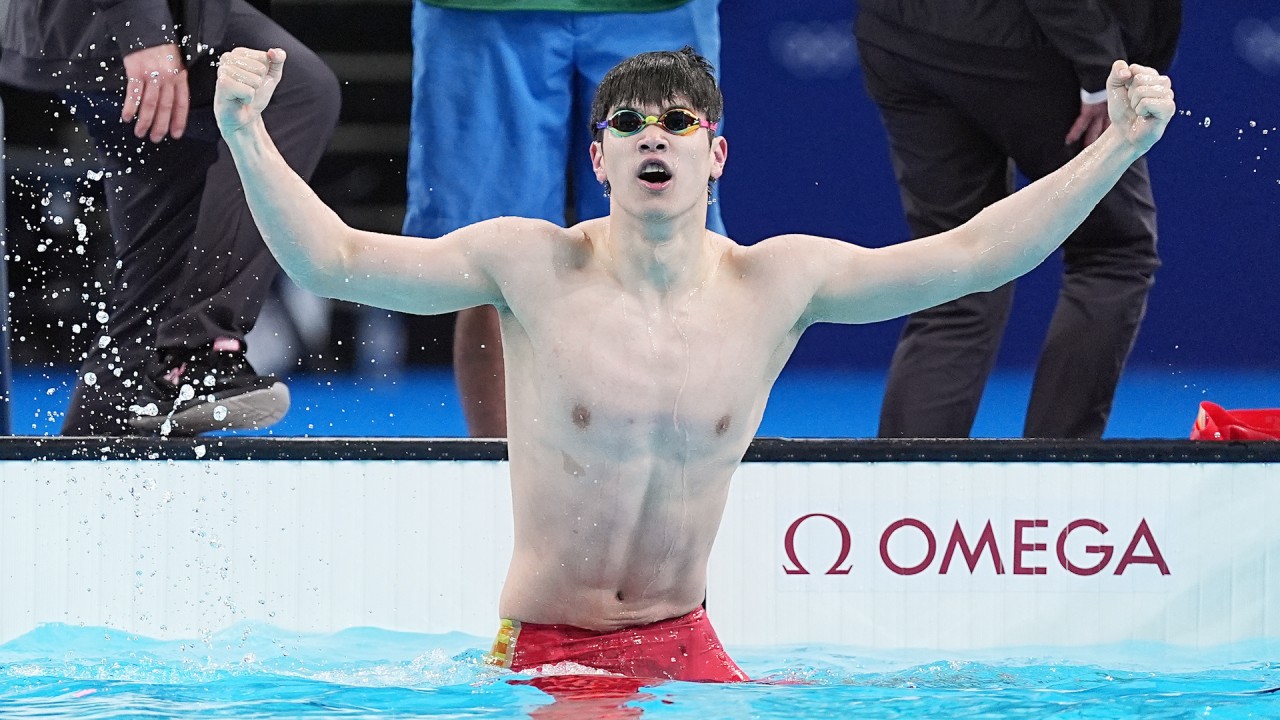China urges US to ensure Olympic athletes treated fairly at future Games
Sykes was quoted as saying he supported the establishment of “a robust governance system” by the World Anti-Doping Agency (Wada) and promised to actively promote the resolution of related issues, “creating a favourable environment” for athletes from around the world, including those from China, to train and compete in the US.
Wada has also faced criticism for its handling of positive drug tests.
Some of these swimmers have returned to compete in Paris, leading to allegations of a cover-up by Wada and the Chinese authorities.
US Anti-Doping Agency (Usada) chief Travis Tygart has been a vocal critic of the move, accusing Wada of failing to conduct independent investigations and covering up findings related to the cases.
Wada has rejected the accusations as defamatory and continues to assert its commitment to combating doping in sports.
“As we have seen over recent months, Wada has been unfairly caught in the middle of geopolitical tensions between superpowers but has no mandate to participate in that,” the organisation said in a statement on July 30.
The International Olympic Committee (IOC) warned on Wednesday that failure to support Wada’s leadership could jeopardise the Los Angeles and Salt Lake City Games.
The IOC included an amendment in the host city contract for Salt Lake City, which was awarded the 2034 Winter Olympics late last month, stating that the Olympic host agreement could be revoked “if the supreme authority of Wada in anti-doping efforts is not fully respected or if the enforcement of the anti-doping code is obstructed or compromised”.

Back in Paris, some American, British and Australian athletes and coaches have expressed concerns about the integrity of the competition, while Chinese officials have criticised what they perceive as a double standard in how doping allegations are directed against Chinese athletes compared with their American counterparts.
According to World Aquatics, the global governing authority, Chinese swimmers underwent the highest number of anti-doping tests before the Paris Olympics, averaging 21 tests per athlete – nearly four times the number taken by their American counterparts.
Chinese athletes have also expressed concerns about how these tests have impacted their performance during the Paris Games.

